-
Post Office Inquiry costs to top £50m
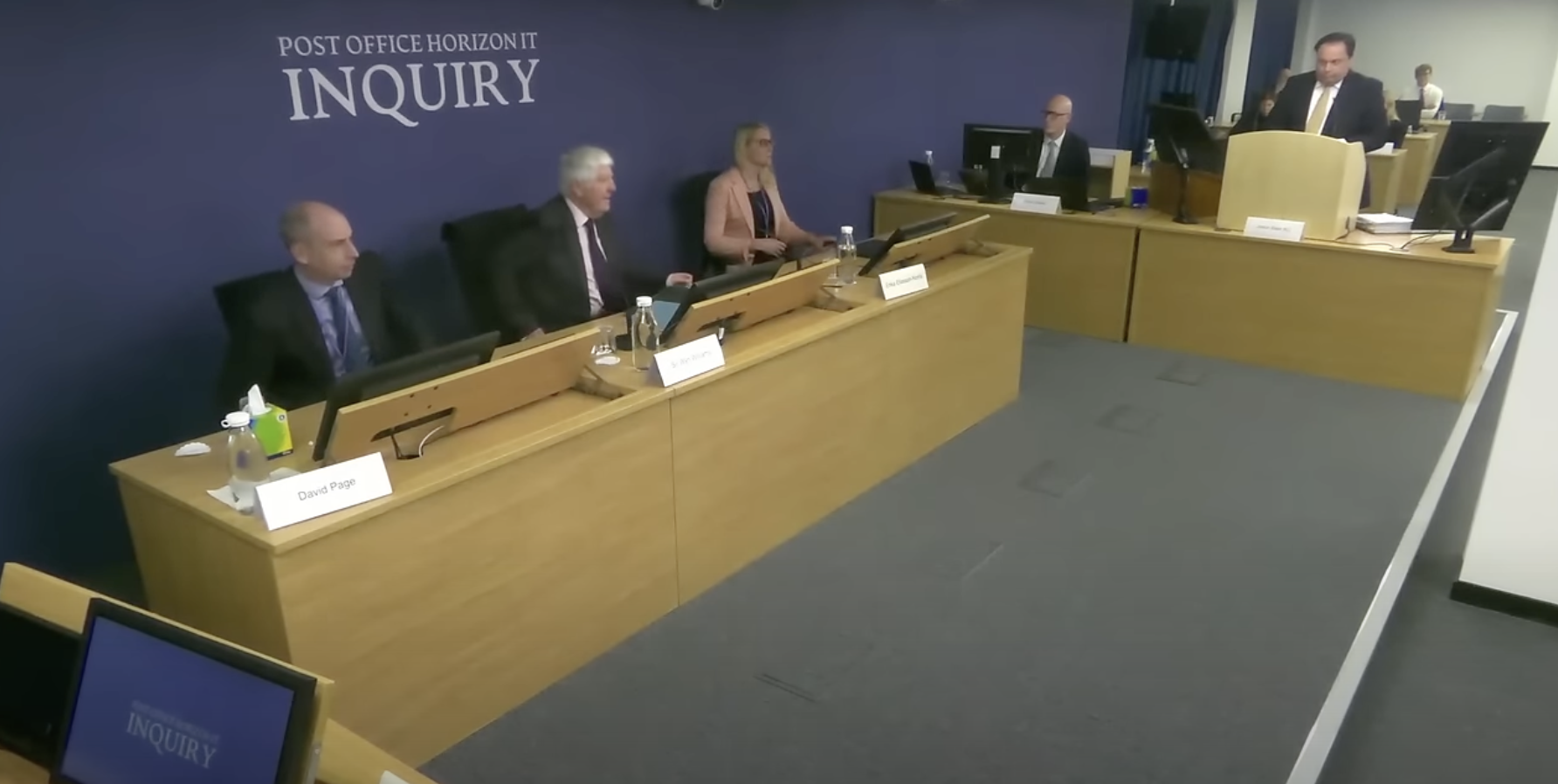 Read More…: Post Office Inquiry costs to top £50m
Read More…: Post Office Inquiry costs to top £50mThe cost of the Post Office Horizon IT Inquiry is likely to be well over £50,000,000. Reports for the last financial year alone reveal the Inquiry cost £26,198,625 to run, more than the previous three years combined. Figures quietly published on the Inquiry website show that in the twelve months to the end of March 2024, £8m was spent on Inquiry lawyers (with a generous £1.7m going to the Chair, Sir Wyn Williams, and his assessors). Core participant lawyers cost a further £6,149,696 with “external document review lawyers” costing £5,523,680. The first three years of the Inquiry’s existence to the…
-
Chris Head: an open letter to Gareth Thomas, Post Office minister
 Read More…: Chris Head: an open letter to Gareth Thomas, Post Office minister
Read More…: Chris Head: an open letter to Gareth Thomas, Post Office ministerIn 2006, Chris Head became Britain’s youngest Subpostmaster at the age of 18. He was given the keys to the West Bolden branch near Sunderland. According to an interview he gave to The Sun newspaper, Chris had small discrepancies from the start of his tenure. In 2014, Chris says the Post Office’s Horizon IT system at his branch “went out of control“. One week Chris had a £40,000 shortfall. Within a few weeks it had more than doubled to £88,000. Chris was suspended in 2015 and the Post Office pursued him through the civil courts for the cash they say…
-
Lisa Busch KC
 Read More…: Lisa Busch KC
Read More…: Lisa Busch KCLisa Busch KC, one of the most significant unsung heroes in the Post Office scandal, has died after a short illness. Busch represented former Subpostmasters Seema Misra, Janet Skinner and Tracy Felstead at the Court of Appeal Hamilton hearings in 2021 after the barrister Paul Marshall and his junior Flora Page were forced to stand down. It was Busch’s advocacy, using arguments grounded in Marshall and Page’s work, which persuaded the Court of Appeal that the Post Office perpetrated a Category 2 abuse of process in its prosecution of innocent people. I watched Ms Busch make her arguments in court…
-
Kemi Badenoch: I’m Great
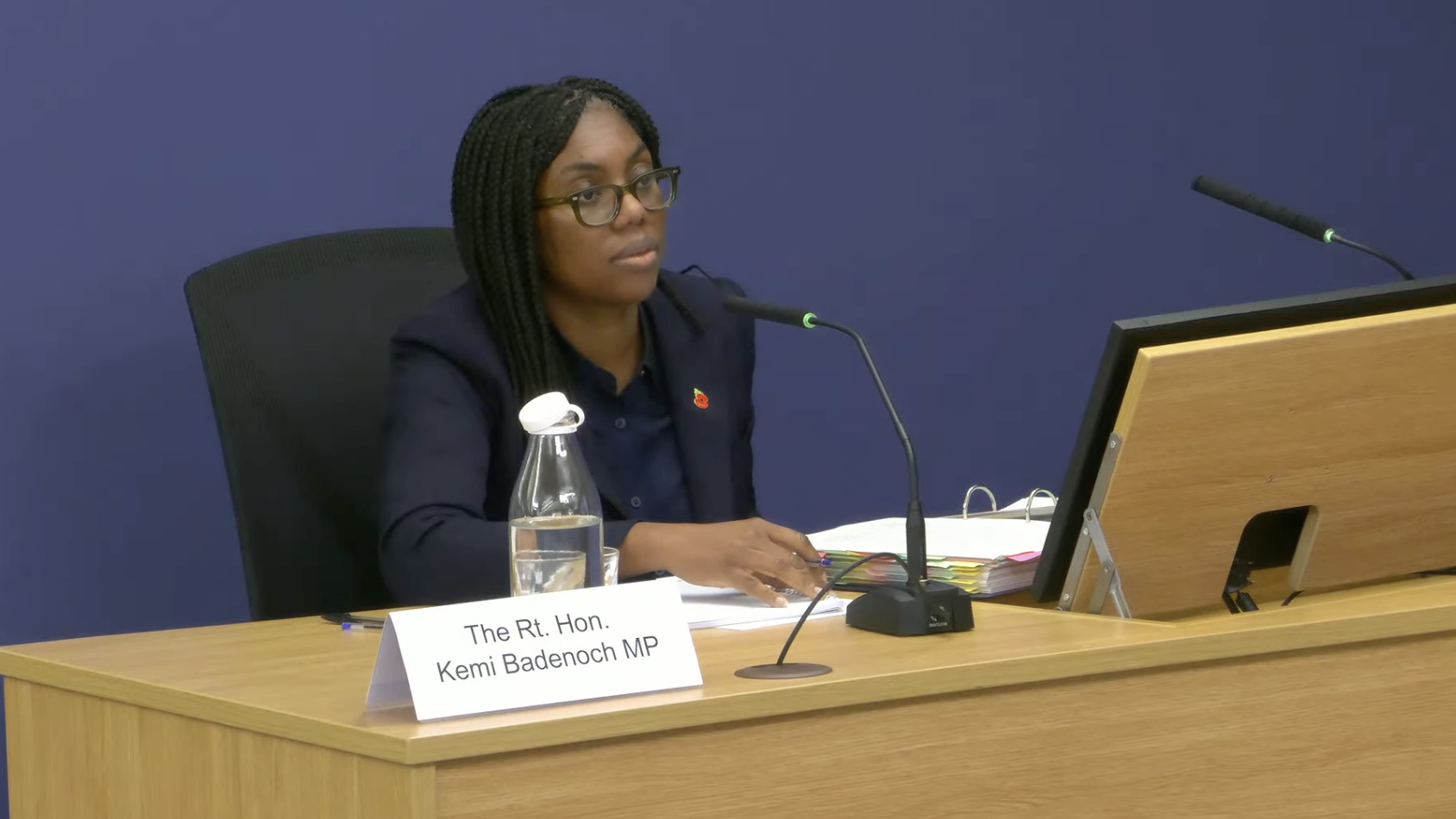 Read More…: Kemi Badenoch: I’m Great
Read More…: Kemi Badenoch: I’m GreatThe Kemi Badenoch Show came to the Post Office Horizon IT Inquiry today, along with significant media interest and attendance from a good number of Subpostmasters in the hearing room. Badenoch, as leader of the Conservative Party, is a potential future Prime Minister. She was, until July this year, the Business Secretary. Badenoch had the advantage of becoming (on 7 Feb 2023) a senior minister with responsibility for the Post Office whilst the public inquiry was already up and running. That meant she knew she would be questioned on oath about every single email and pronouncement she made whilst in…
-
Make Good: the Post Office scandal musical
 Read More…: Make Good: the Post Office scandal musical
Read More…: Make Good: the Post Office scandal musicalThe third theatrical production concerning the Post Office scandal came to London yesterday. Make Good played to a sold-out Omnibus Theatre in Clapham. The production is put together by a theatre company called Pentabus, with a script from Jeanie O’Hare and music and lyrics by Jim Fortune. Both write in the programme: “This project began with the human impact statements from the Inquiry, followed by a lot of legal and computer stuff. Then when we felt we knew what questions to ask, we spoke to ex Subpostmistress Rubbina Shaheen in Pentabus home county of Shropshire. Her generosity in sharing her…
-
Chisholm: helping Paula Vennells fail upwards
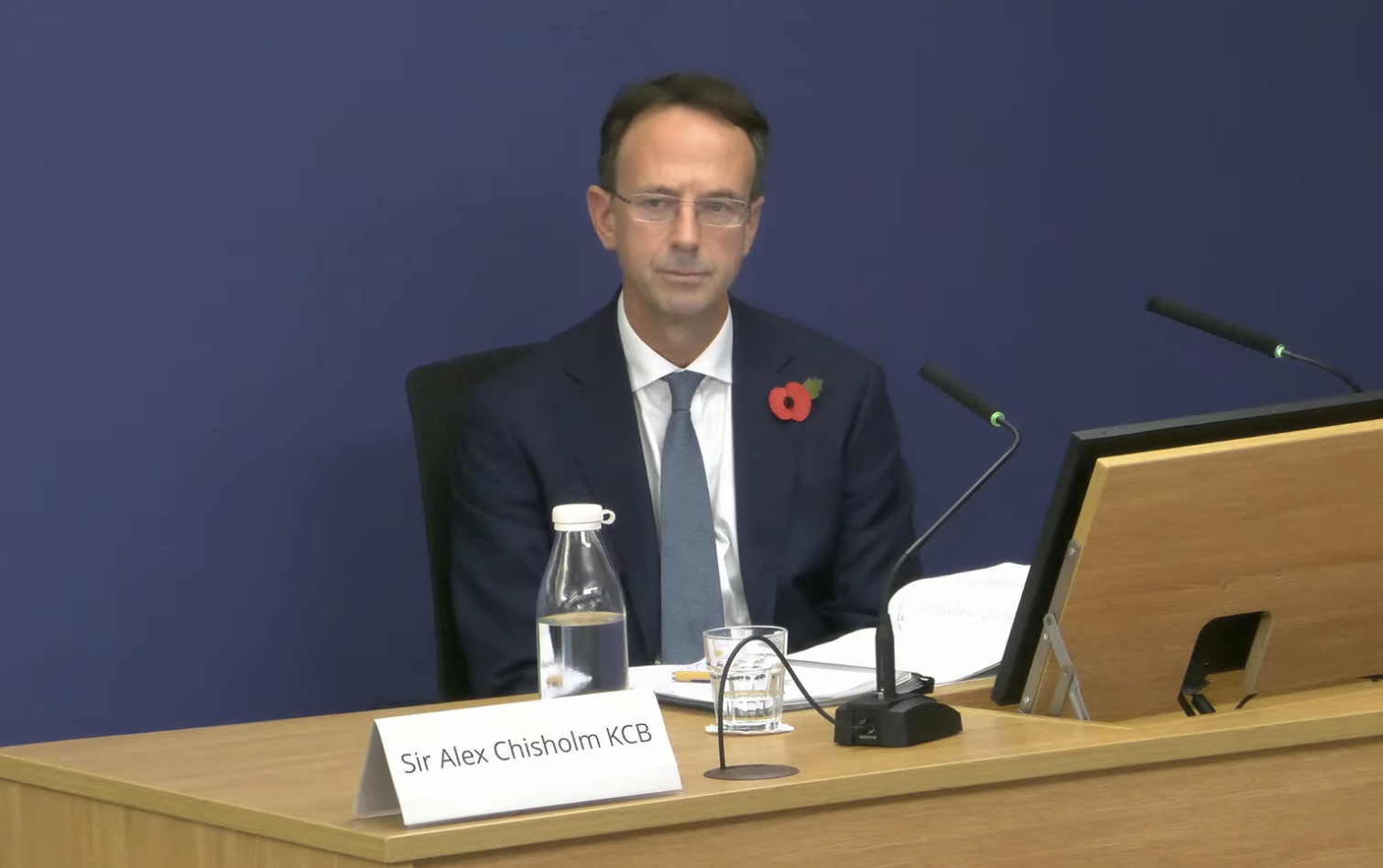 Read More…: Chisholm: helping Paula Vennells fail upwards
Read More…: Chisholm: helping Paula Vennells fail upwardsSir Alex Chisholm KCB was one of the most powerful government civil servants during a crucial phase of the Post Office scandal, and to nerds like me, his evidence was always going to be of some interest. Chisholm made it quite clear (watch it here) he was crawling all over the Post Office’s disastrous defence to the Bates v Post Office group litigation, but that every duff decision was its to make alone. “I was very clear in my advice to the Secretary of State”, Chisholm told the Inquiry, “that the department need to be a neutral party in relation to…
-
Hollinrake’s legacy: Postmasters dying without full redress
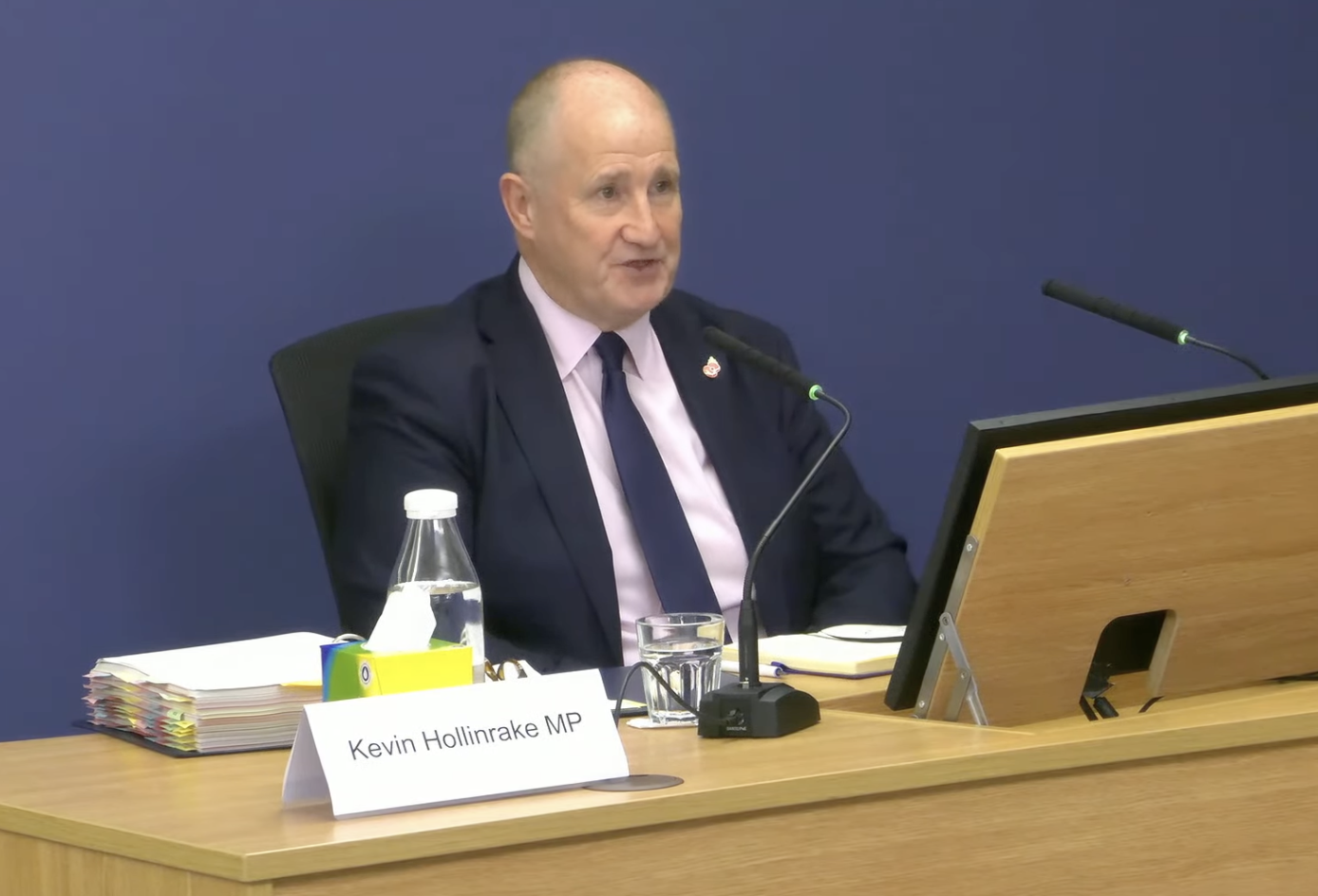 Read More…: Hollinrake’s legacy: Postmasters dying without full redress
Read More…: Hollinrake’s legacy: Postmasters dying without full redressThe day began with a tolling of the metaphorical bell. Before the former Post Office minister Kevin Hollinrake gave evidence, the chair of the Post Office Inquiry, Sir Wyn Williams, told us that another former Subpostmaster has died, again without receiving full and final compensation. Her name was Carol Riddell. She was the Subpostmaster at East Bolden, near Sunderland, between 1992 and 2000. Sir Wyn told the Inquiry: “During her time as sub-postmistress, Mrs Riddell had to contend with a very serious armed robbery at her post office, during the course of which she was blinded by having acid thrown…
-
Recaldin: Post Office remediation is “Shot to Pieces”
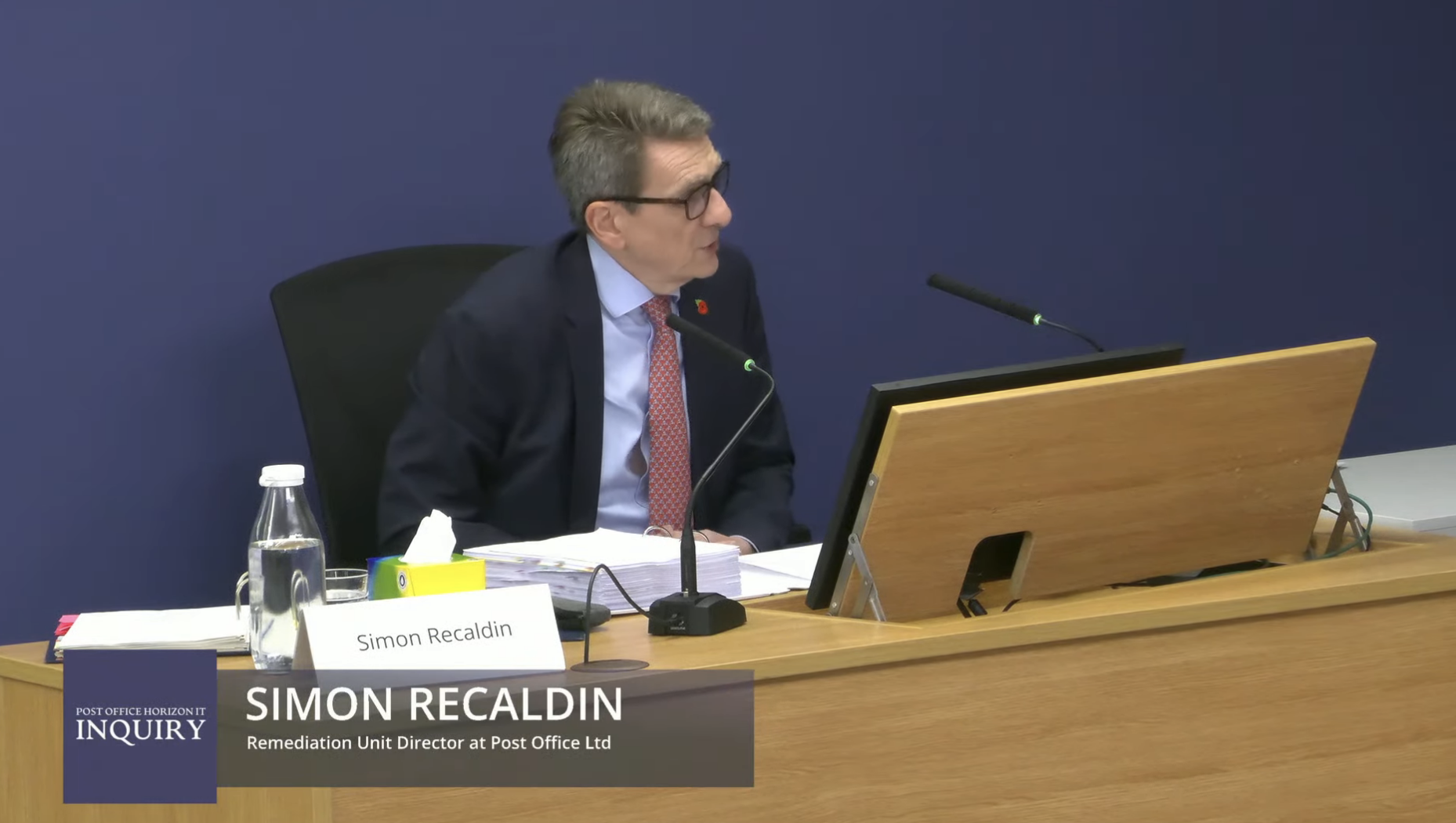 Read More…: Recaldin: Post Office remediation is “Shot to Pieces”
Read More…: Recaldin: Post Office remediation is “Shot to Pieces”Simon Recaldin is the director of the Post Office remediation unit. He is also the last Post Office person to give evidence to the Inquiry. I sincerely hope one day he agrees to be interviewed by a journalist because the imprecision of some of his answers at the Inquiry today were maddening. This morning, Recaldin was taken to an email chain started on 1 Dec 2023 in which he congratulated a large number of Post Office people for having issued “the last HSS [Horizon Scandal Scheme] offer from the original cohort” of applicants. The Horizon Scandal Scheme (initially called the…
-
Simon Recaldin: The Process Gnome
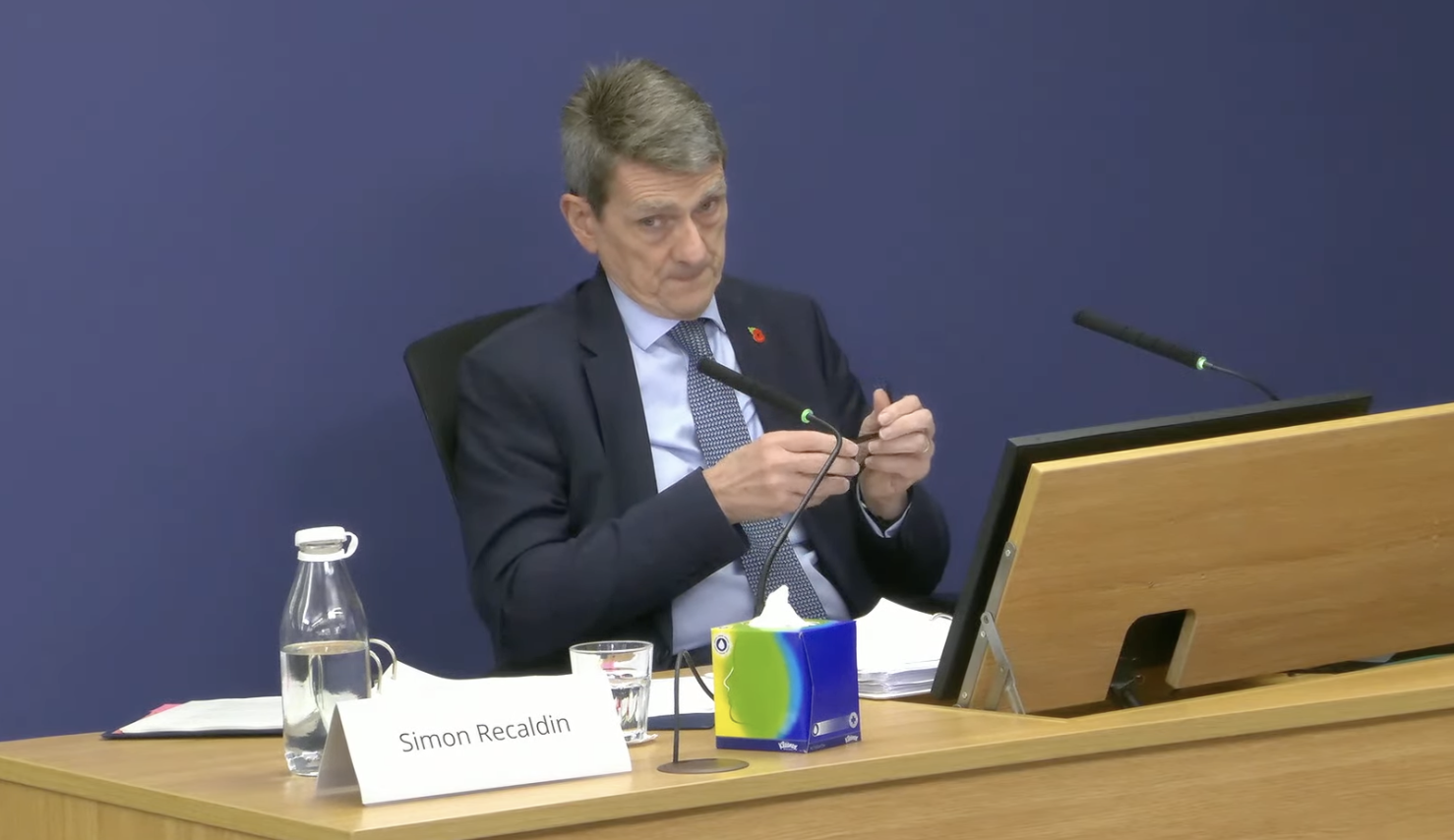 Read More…: Simon Recaldin: The Process Gnome
Read More…: Simon Recaldin: The Process GnomeSimon Recaldin is both in charge of the Post Office’s remediation approach and wholly at the whim of it. He claims he is trying his damnedest to get compensation to Subpostmasters post-haste whilst also agreeing the whole process takes too long. “Could it be quicker? Could it be more efficient?” he asked the Inquiry at one point, answering: “Yes, and that’s what we try to do continuously and we will continue to do that.“ It seems the Post Office has been an unwitting victim of its own malfeasance. In perpetrating what Mr Recaldin thrice called “the biggest miscarriage of justice…
-
Independent board demands quashing of ‘Capture Convictions’
 Read More…: Independent board demands quashing of ‘Capture Convictions’
Read More…: Independent board demands quashing of ‘Capture Convictions’UPDATE: A government spokesperson has today [25 October 2024] issued the following statement in response to the HCAB’s letter: “The Post Office Offences Act 2024 was a truly exceptional response to unprecedented circumstances where hundreds of convictions based on evidence from the Horizon system were considered to be unsafe. “The Criminal Cases Review Commission is looking into a small number of convictions which may be based on evidence from the Capture computer system. If they consider that there is a real possibility that these convictions are unsafe, they will be referred to the Court of Appeal.” ORIGINAL POST: The body…
Archives
Most Popular
Tags
Alan Bates alice perkins Alwen Lyons Andrew Winn Andy Dunks Andy Parsons Bates v Post Office Bonusgate CCRC Chris Aujard Clarke Advice False Accounts Fujitsu Gareth Jenkins Grabiner HCAB Horizon Hugh Flemington Inquiry Interim Report Janet Skinner Jarnail Singh Kevin Hollinrake Lee Castleton Lord Arbuthnot Nicki Arch Nick Read Noel Thomas Paula Vennells Paul Marshall Post Office Rebecca Thomson Receipts and Payments mismatch bug Richard Moorhead Rob Wilson Rod Ismay Rodric Williams Second Sight Seema Misra ShEx Simon Clarke Susan Crichton Swift Review Tracy Felstead UKGI
Categories
- Appeals (18)
- Blog (17)
- Book (11)
- Civil litigation (47)
- Compensation (43)
- Corporate (23)
- Fujitsu (32)
- Inquiry (120)
- IT (40)
- Live Events (6)
- Podcast (7)
- Police investigation (12)
- Prosecutions (47)
